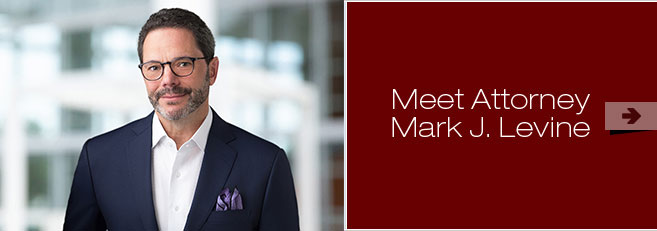Planning for 2018: What to Continue Doing, Start Doing, and Stop Doing
Posted on January 4, 2018 in Consulting
As we enter the new year, I expect many of you plan to set new goals and resolutions. I know that I do. In fact, with the help of an executive coach that I have worked with for several years, I typically spend the holidays reflecting on the past and planning my future in what I like to call my Continue, Start, and Stop exercise. With this exercise in mind, here are my recommendations for what employers should continue, start, and stop doing in 2018.
Sexual Harassment Training
2017 was the year of scandalous, high-profile incidents of sexual harassment. Example after example unfolded where women accused politicians as well as Hollywood executives and actors of harass and abuse. With so much attention on gender discrimination, it would be unwise for employers not to make 2018 the year of education and prevention on this widespread problem. Invest in a qualified trainer to come onsite rather than assuming that videos and computer guided programs will be sufficient educational tools. Make sure that the top brass is present and engaged throughout the training process. This will ensure that every member of the team is educated on this subject. Finally, dedicate time to allow for thoughtful discussions.
Conduct a Wage and Hour Checkup
The Fair Labor Standards Act passed in 1938. Still, nothing so simple is more often violated. I applaud the small group of employers who routinely examine their pay practices and encourage them to continue. Most of those reading this newsletter, however, most likely do not routinely examine their pay practices. I suggest joining the minority and starting a fresh habit of annually reviewing pay practices to ensure FLSA compliance. Be smart about it. Remember that making changes in timekeeping and pay practices may spur employees to question if a change means they were previously denied some right. Thus, it is very important to work with an attorney before implementing any significant modifications in payroll policies.
Develop a Bonus Strategy
At first, AT&T impressed me with its announcement of $1,000 bonuses for 200,000 workers following the new tax law. My defense-lawyer mindset kicked in later, however, and I thought: two hundred million dollars awarded without regard to merit? Does that make sense? Seems to me that it would have been more logical to combine the money into a bonus pool and reward employees under a merit-based system.
Yet AT&T’s approach is a typical model for many businesses. Employers too often award bonuses based on a pro-rata allotment that is considered “fair”. I suggest that these employers stop this practice, and instead start a better bonus system such as publishing criteria based off quantifiable metrics to reward employees and develop a more positive corporate culture.
Please let me know if we can assist you in implementing these ideas.

